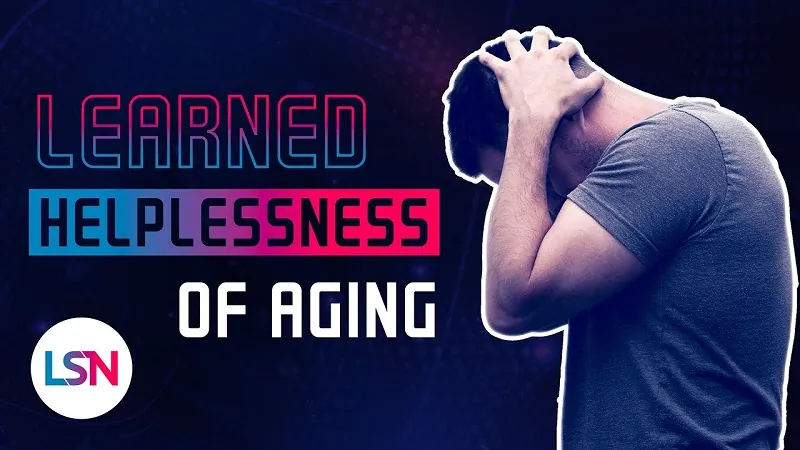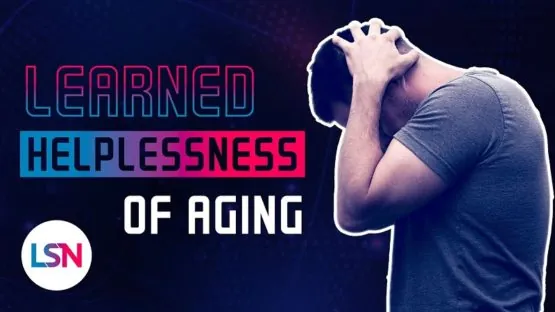We discuss the idea that people have learned to accept something that they don’t need to accept anymore on this episode of Lifespan News.
Script
From the dawn of humanity until very recently, aging and death were a given. In a best case scenario, you get old, and then you die. It’s been this way forever. And it’s viewed by many as our natural fate and something we should accept. This is what might be referred to as learned helplessness, and it’s a concept that we can and must overcome.
If you believe that circumstances are beyond your control, and that you’re helpless to do anything about it, you could end up simply accepting what is happening to you, even when the circumstances have changed enough to offer a way out.
At least, this is what has been seen in experiments. People and animals have been shown to resign themselves to pain and misery, or have taught themselves to expect failure and therefore not to even try.
In the 1960s, psychologist Martin Seligman conducted some now famous and controversial experiments that demonstrated this. In his studies, some dogs received a mild electric shock with no way of preventing it. Later when the experiment settings changed, and the dogs did have a way to escape, they didn’t take it. They accepted the shock even though they could do something to prevent it.
This seems very relevant to what we’re experiencing today when it comes to tackling aging and age-related diseases. A type of what we’re calling learned helplessness could be playing a role in people’s reluctance to take any action against aging, or in their disbelief in the potential of longevity science.
Now, there are some differences here. In the experiment, the dogs failed to change their circumstances and experienced immediate negative consequences because of that. This isn’t a perfect analogy to what we’re facing with aging. For many of us, aging is actually seen as a good thing, and something we wouldn’t necessarily want to halt or reverse – at least until we are into adulthood.
And then at some point, there are clear signs of aging – wrinkles, gray hairs, pains, diminished physical ability. The effects of aging are coming for us all, but they often don’t become unbearable until the later stages of life. So we’re not necessarily resigned to accept aging because of our own past experiences and failures, but because everyone we see goes through this process – and everyone that has ever lived has gone through this process – so we’re resigned to continue on this trajectory because we know of no other path, and perhaps we think it’s misguided or egotistical to even explore an alternative. The learned helplessness of aging.
What’s interesting about learned helplessness is that, once you’ve accepted that you’re helpless, you hold that conviction even when circumstances change and you could control the outcome. With aging, up until very recently, you really were helpless. But now the situation has changed. It appears that we can do something about this – something that our ancestors never could.
Aging no longer seems to be inevitable. While we’re not there yet, progress is being made. If you were one of Seligman’s dogs, would you want to stay put and accept your shock, or would you act and change your situation?
Now today, will you take action in your own life and support the initiatives that seek to change the story, or are you going to resign yourself to the deterioration of your health, and your eventual death. The choice is yours.
I’m Ryan O’Shea, and we’ll see you next time on Lifespan News!




